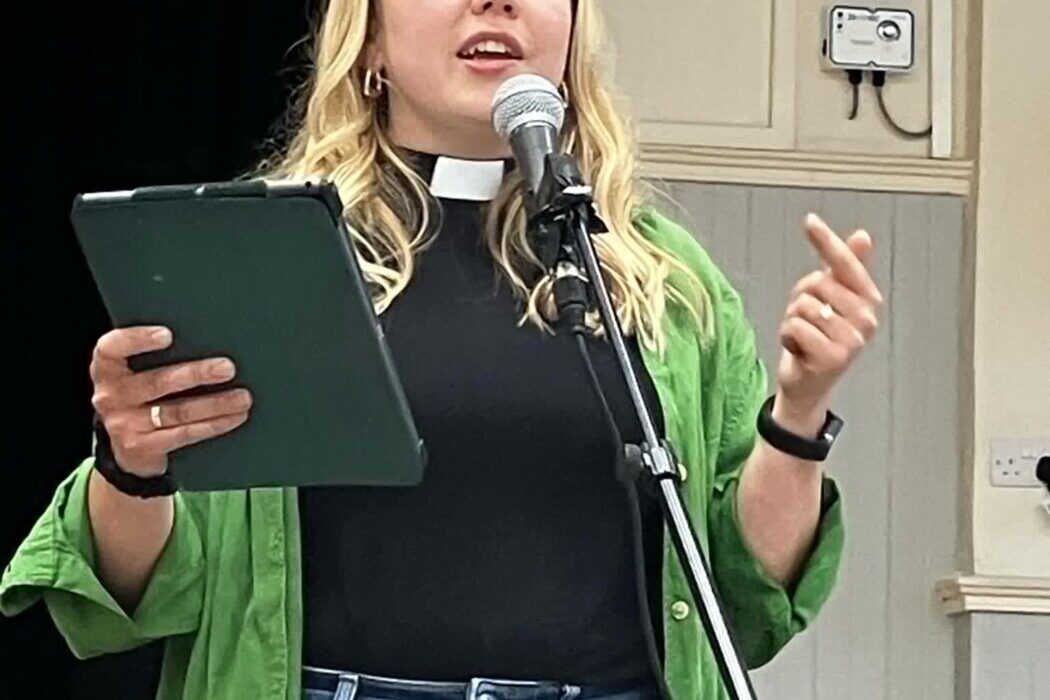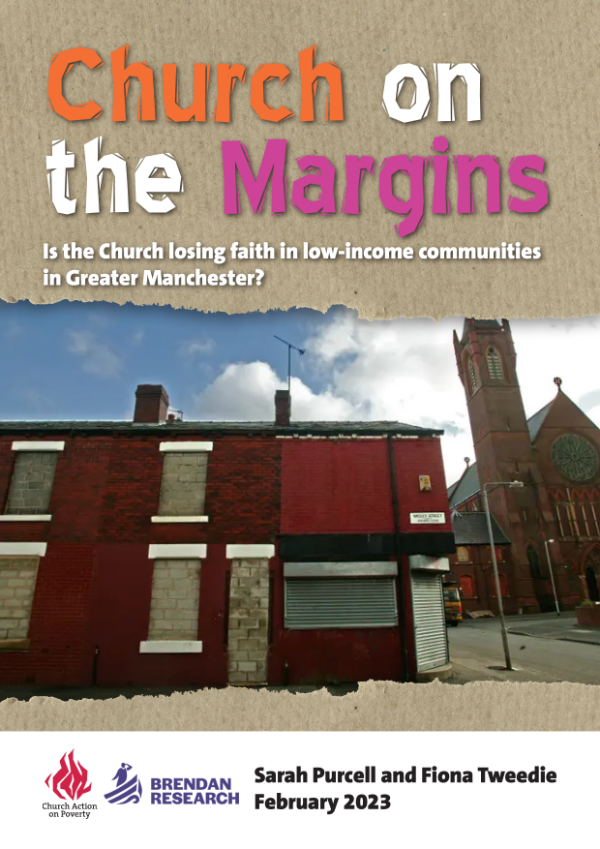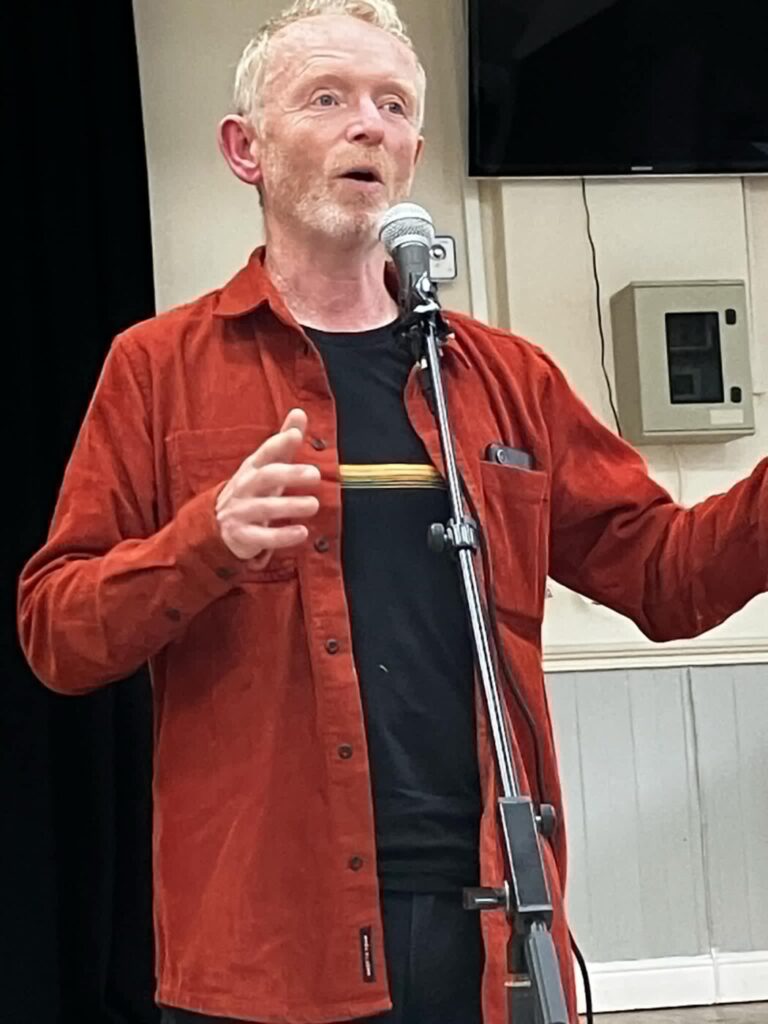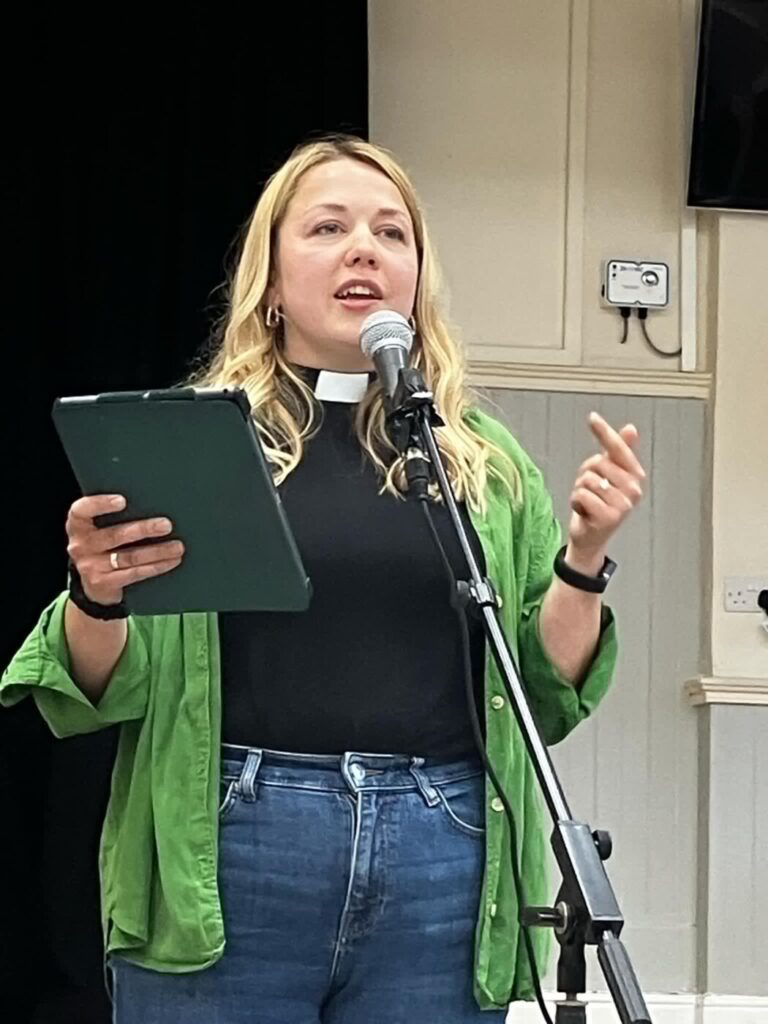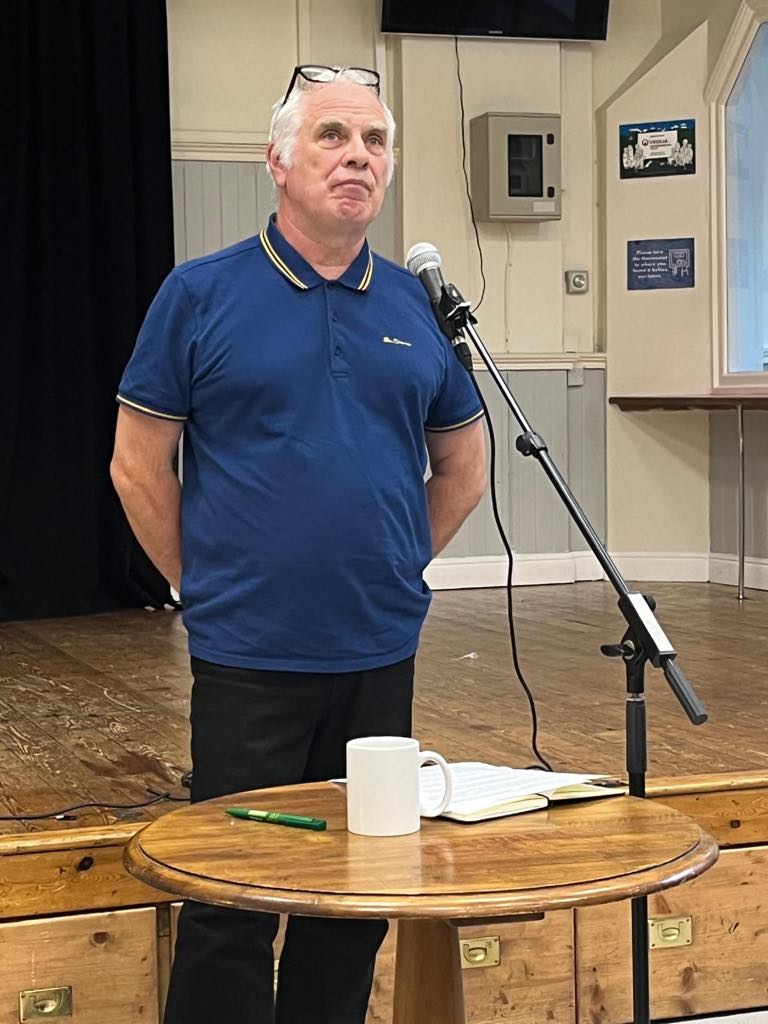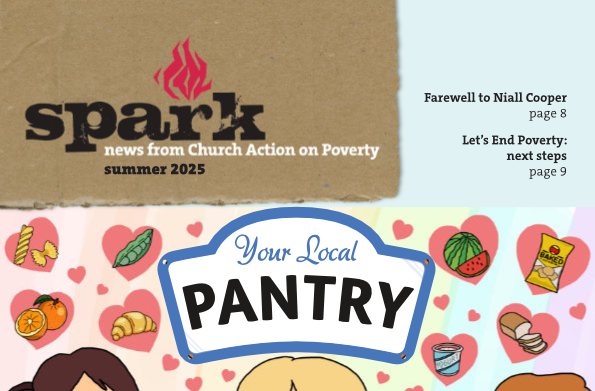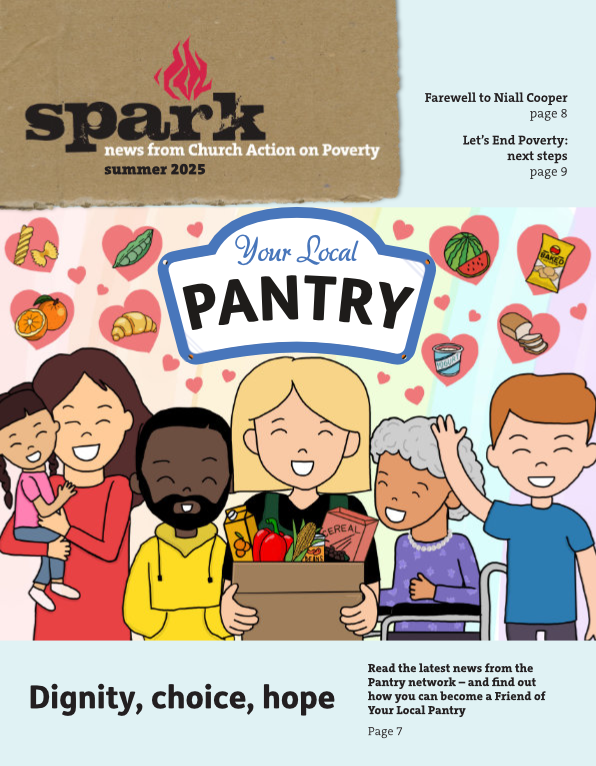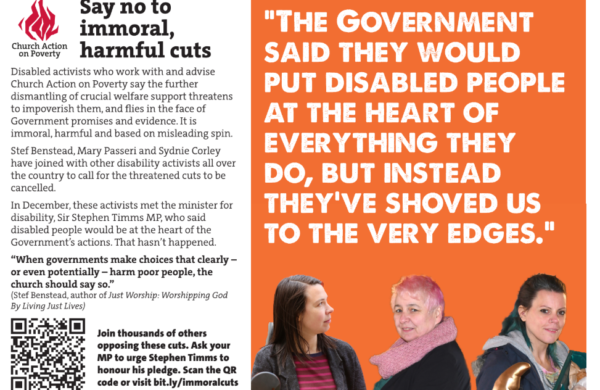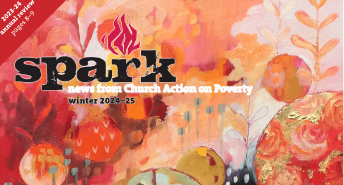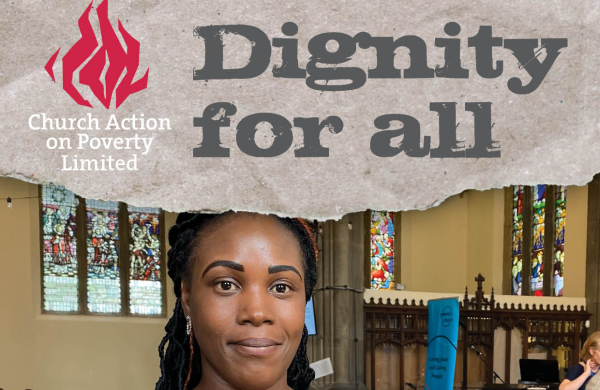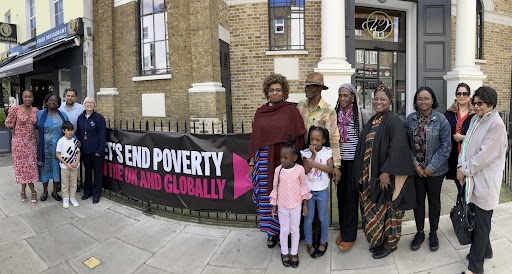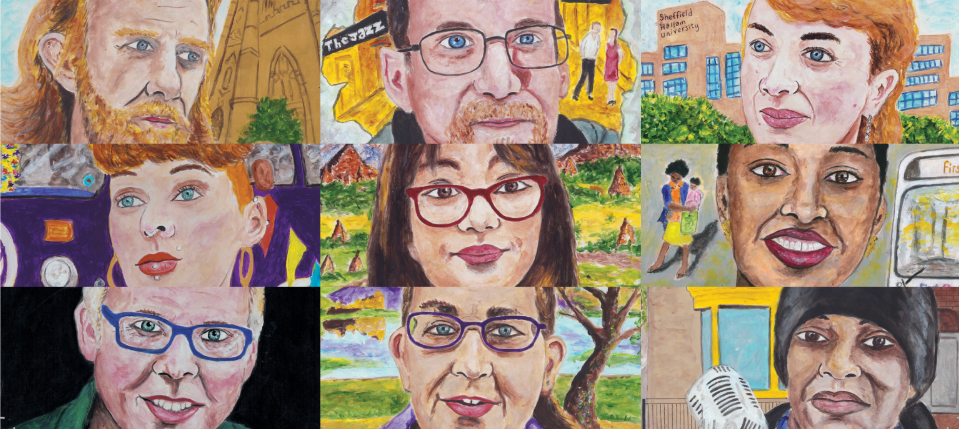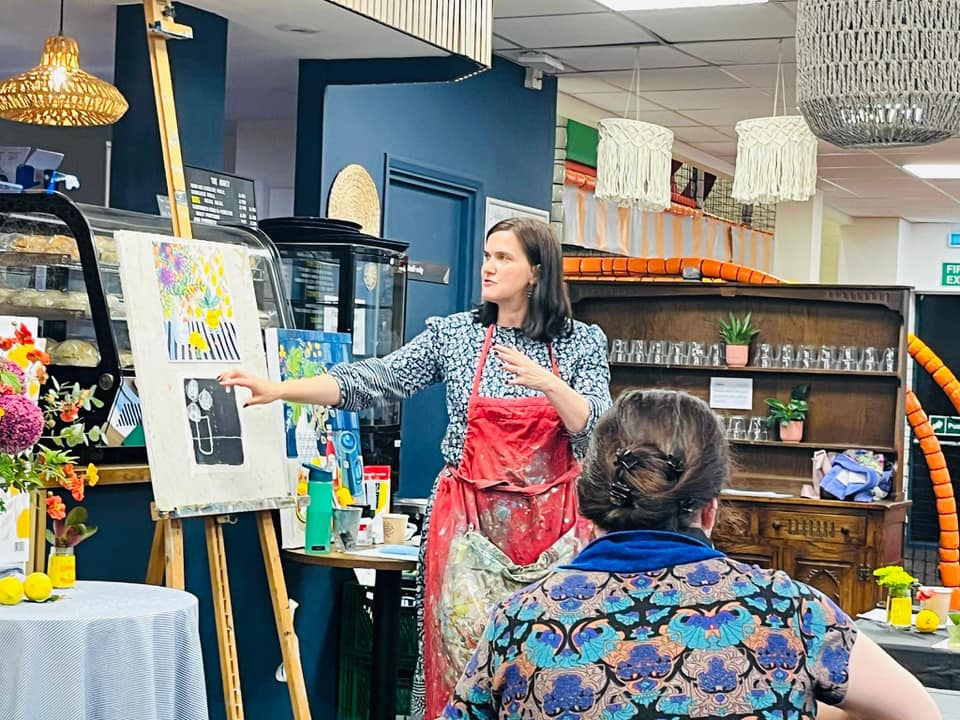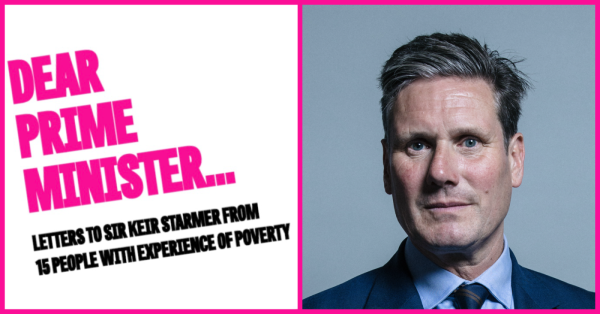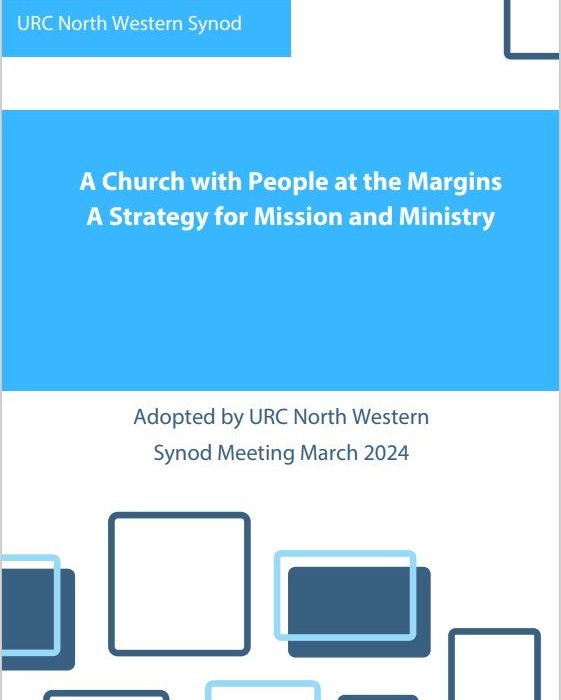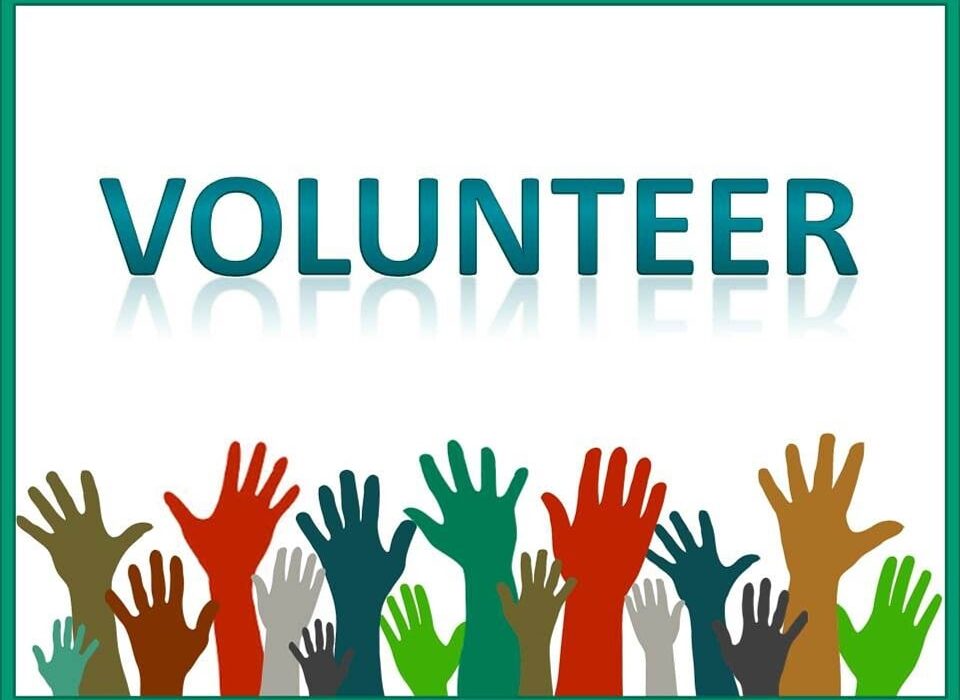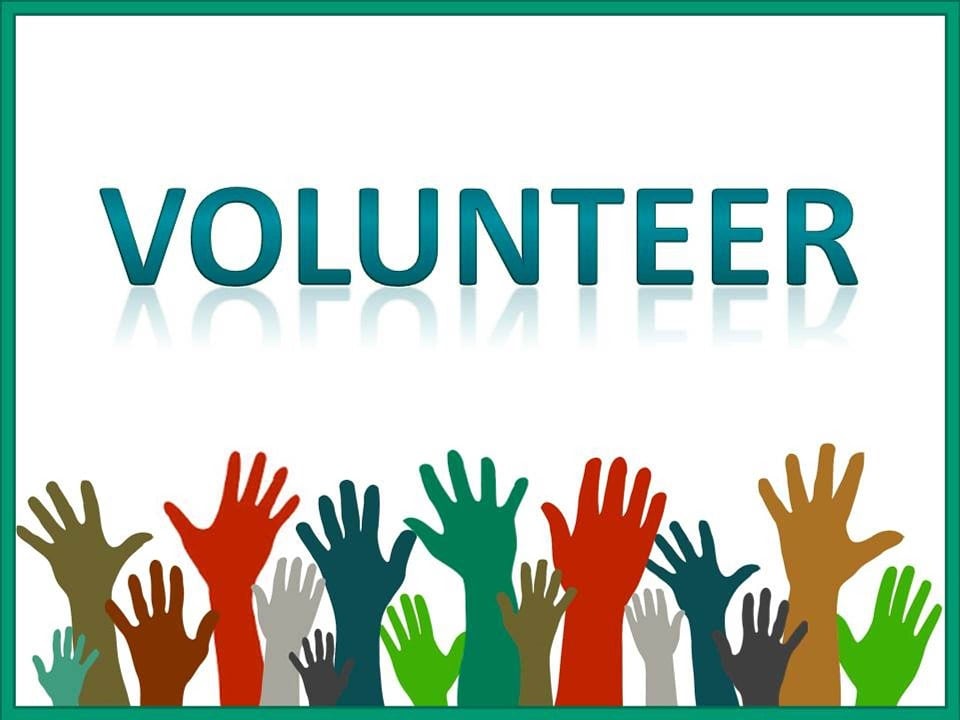Liam Purcell steps into the role as of 1 July.
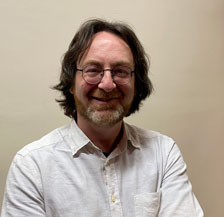
He says:
“I’m excited to carry forward Church Action on Poverty’s amazing vision, and work closely alongside the many churches and other partners who share our values of dignity, agency and power. I’m proud to be part of an organisation that is always rooted in the lived experience of people who live with poverty.
“I’ll focus on how we can be a catalyst for change in communities and a resource for churches who want to tackle poverty. We’ll also continue speaking truth to power and challenging injustice. And I want us to pioneer new ideas and approaches that can transform people’s lives, as we have done with programmes like participatory budgeting, Schools of Participation, and Your Local Pantry.
“I spent a lot of last year listening deeply to our supporters and partners. I’m inspired by their commitment and vision, and I look forward to finding out what we can do together.
“I know that the support we receive from churches is essential to sustain our work, and I’ve also seen first-hand the amazing difference that churches can make in their communities. If any churches are looking to tackle the injustice of poverty, we’d love to work together.”
Helen Goodman, chair of Church Action on Poverty’s Council of Management, says: “We had a high number of first-class applicants for this role and following a rigorous process the Council of Management appointed Liam. He has total commitment to the organisation and its values. At the same time we believe his experience and management skills will serve the organisation well, following a period of phenomenal growth and in a time when action to tackle poverty is really important.”
Liam has overseen Church Action on Poverty’s communications since 2007, and played a lead role in initiatives including Let’s End Poverty, End Hunger UK, and Challenge Poverty Week. Prior to that, he was National Coordinator for the Student Christian Movement. He replaces Niall Cooper, who was Chief Executive of Church Action on Poverty from 1997 until he stepped down this summer.

